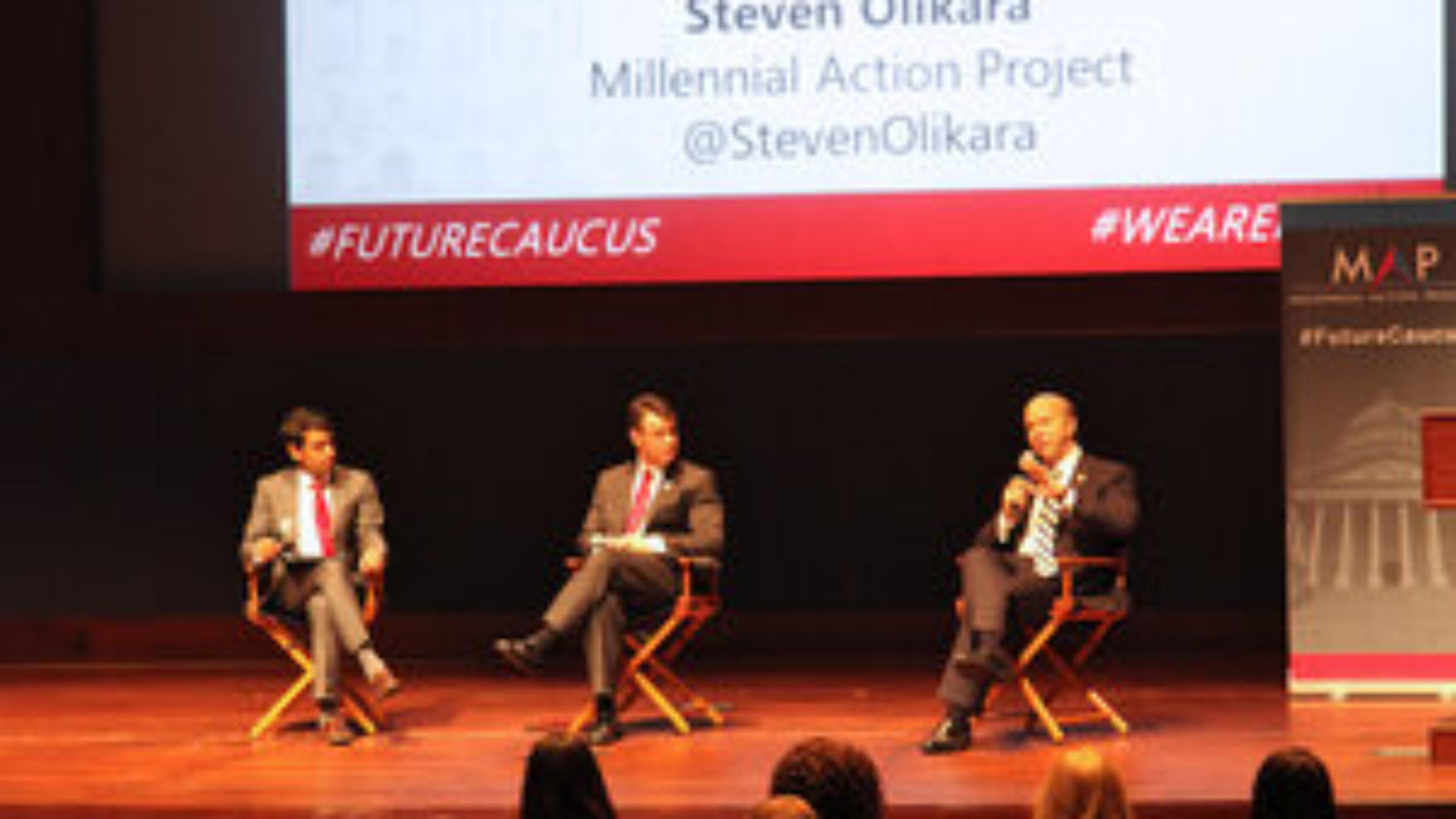Social Impact Bonds Reintroduced By Future Caucus Members
March 16, 2015
The Young-Delaney legislation is the first detailed proposal using the social impact bond model at the federal level.

Reps. Todd Young (R-IN) and John Delaney (D-MD) of the Congressional Future Caucus, alongside bipartisan co-sponsors, have reintroduced social impact bonds to the 114th Congress under H.R. 1336 Social Impact Partnership Act. The Young-Delaney legislation, which was first introduced in the 113th Congress, is the first detailed proposal using the social impact bond model at the federal level.
Social impact bonds (SIBs) are an innovative financing mechanism in which governments utilize outcomes-based contracts with private investors to fund social programs, such as:
- Reducing the rate of homelessness.
- Improving the employment and well-being of our returning veterans.
- Reducing recidivism among individuals released from prison.
Senator Orrin G. Hatch (R-UT), Chairman of the Senate Finance Committee, and Senator Michael Bennett (D-CO) have introduced companion legislation in the Senate under S. 1089 Social Impact Partnership Act.
“This bipartisan legislation offers a new solution that improves government services, helps those in need and reduces taxpayer costs.”
— Rep. John Delaney (D-MD)
SIBs operate on a “Pay for Success” model, meaning that the government only pays for tangible and measurable social outcomes after they are achieved. This differs from the traditional method of immediately paying upfront for a social program before knowing the outcome. With SIBs, if an investor fails to reach the desired and agreed upon goals of the program, the government does not owe them anything.
A number of states and local governments have also experimented with SIBs. For example, Colorado is currently debating a bill that would implement pay-for-success contracts in their own state. They hope to use this platform to tackle issues like homelessness and recidivism.
For more information, read our blog post about cities and states benefitting from social impact bonds.






Join 1,900+ BIPARTISAN LEADERS NATIONWIDE
Be a part of a network of lawmakers committed to governing effectively, passing more representative public policy, and increasing public trust in democracy.